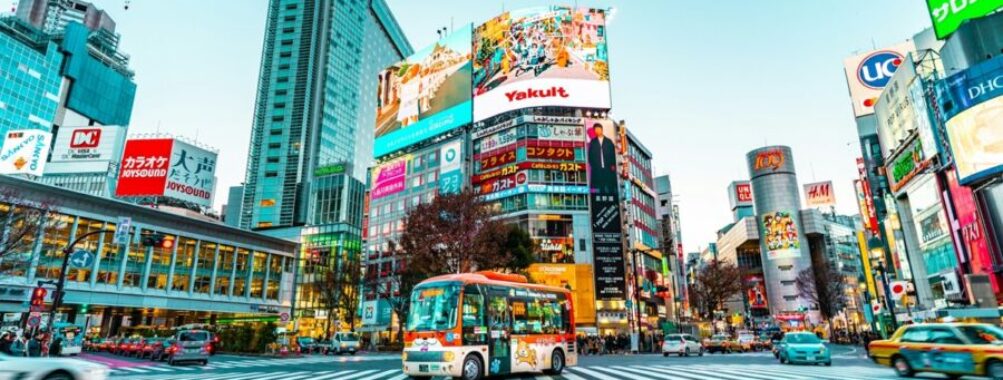
Is Tokyo Safe? 5 Surprising Facts About Japan’s Capital City
Tokyo is a dream destination for many travelers. The bustling metropolis offers a unique blend of ancient traditions and cutting-edge technology. But is it safe to visit?
Tokyo consistently ranks as one of the safest cities in the world for tourists. Crime rates are low, and violent crime against visitors is rare. The city’s efficient public transit system and well-lit streets make it easy to get around safely, even at night.
While Tokyo is generally very safe, pickpocketing can happen in crowded areas like any big city. Natural disasters like earthquakes are also a concern, but Japan has excellent emergency systems in place. With some basic precautions, most travelers enjoy a worry-free visit to this fascinating Japanese metropolis.
Contents
- Understanding Safety in Tokyo
- Crime Rates and Public Perception
- Common Crimes and Scams
- Travel Tips for Safe Exploration
- Navigating Public Transport
- Advice for Solo and Female Travelers
- Nightlife Safety Measures
- Natural Disasters Preparedness
- Earthquakes and Tsunamis
- Typhoons and Volcanic Eruptions
- Navigating Tokyo’s Districts Safely
- Shinjuku and Kabukicho
- Shibuya and Harajuku
- Roppongi and Ginza
- Asakusa and Ueno
- Cultural Insights for a Respectful Visit
- Understanding Japanese Customs
- Partaking in Traditional and Modern Activities
- Key Safety Services in Tokyo
- Kōban Police Boxes
- Emergency Response and Medical Facilities
- Frequently Asked Questions
- What precautions should a solo female traveler take when visiting Tokyo?
- How does Tokyo’s safety compare to New York City at night?
- What are the safety measures in Tokyo regarding earthquakes and tsunamis?
- Can American tourists expect a welcoming environment in Tokyo, Japan?
- What steps should one follow to ensure safety while walking around Tokyo after dark?
- How does living in Tokyo measure up in terms of overall safety for expatriates?
- More Travel Guides
Understanding Safety in Tokyo
Tokyo has a reputation as one of the safest big cities in the world. Let’s take a closer look at the crime rates and common issues tourists might face.
Crime Rates and Public Perception
Tokyo’s crime rates are impressively low compared to other major cities. The streets are generally safe to walk, even late at night. Violent crimes are rare, and most residents feel comfortable leaving their belongings unattended in public spaces.
The police presence is noticeable but not overbearing. You’ll often see koban (small police stations) scattered throughout neighborhoods. These stations help maintain order and provide assistance to locals and tourists alike.
Theft does happen, but it’s not as common as in many other big cities. Still, it’s wise to keep an eye on your stuff, especially in crowded areas or on public transport.
Common Crimes and Scams
While Tokyo is safe overall, tourists should be aware of a few potential issues. Pickpocketing can occur in busy areas like train stations or popular shopping districts. It’s best to keep valuables close and be mindful in crowds.
Some scams target foreigners. Watch out for:
- Fake monks asking for donations
- Overcharging in bars or clubs, especially in areas like Roppongi
- Counterfeit goods being sold as authentic
Drink spiking is rare but not unheard of. It’s smart to keep an eye on your drink in bars and clubs.
Remember, most people in Tokyo are honest and helpful. By staying alert and using common sense, visitors can enjoy a safe and worry-free trip to this amazing city.
Travel Tips for Safe Exploration
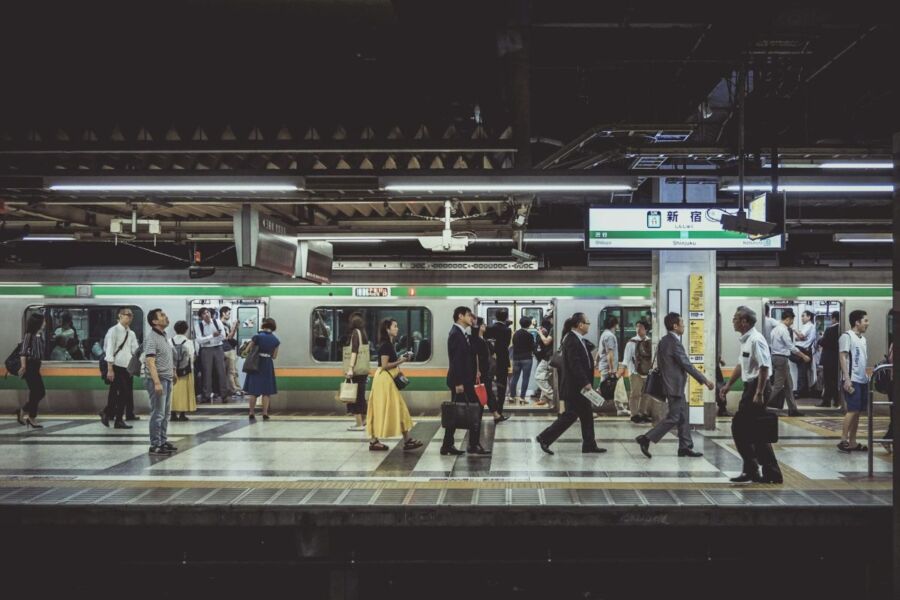
Tokyo is a great place to explore, but it’s smart to take a few precautions. These tips will help you stay safe while enjoying all the city has to offer.
Tokyo’s public transport is top-notch and easy to use. Grab a prepaid IC card like Pasmo or Suica to zip through ticket gates. These cards work on trains, buses, and even in some stores. During rush hour, trains get packed. Try to avoid peak times if you can.
Women-only cars are available on some train lines. They’re marked with pink signs and offer a comfy option for female travelers.
Don’t forget to mind your manners on public transport. Keep your voice down and avoid eating or drinking. And watch out for your belongings – pickpockets are rare, but it’s better to be safe than sorry.
Advice for Solo and Female Travelers
Tokyo is pretty safe for solo travelers, but it’s always good to be careful. Let someone know where you’re going, especially if you’re heading out at night. Stick to well-lit areas and trust your gut if a situation feels off.
For solo female travelers, Tokyo is generally very safe. But it’s smart to be aware of your surroundings, especially in busy nightlife areas. Consider staying at female-only hostels or hotel floors for extra peace of mind.
Travel insurance is a must. It covers you if something goes wrong, like losing your luggage or needing medical care. Make copies of important documents and keep them separate from the originals.
Nightlife Safety Measures
Tokyo’s nightlife is exciting, but stay alert to stay safe. Stick to well-known areas like Shibuya or Roppongi. Keep an eye on your drink at all times to avoid drink spiking. It’s rare, but it can happen.
Don’t accept drinks from strangers, and be wary of overly friendly people offering to show you around. If you’re drinking, know your limits. It’s easy to get carried away in the fun atmosphere.
Taxis are a safe way to get home late at night. Look for the green light that shows they’re available. Or use a ride-hailing app for extra security. Remember, the last trains usually stop around midnight, so plan your night accordingly.
Natural Disasters Preparedness
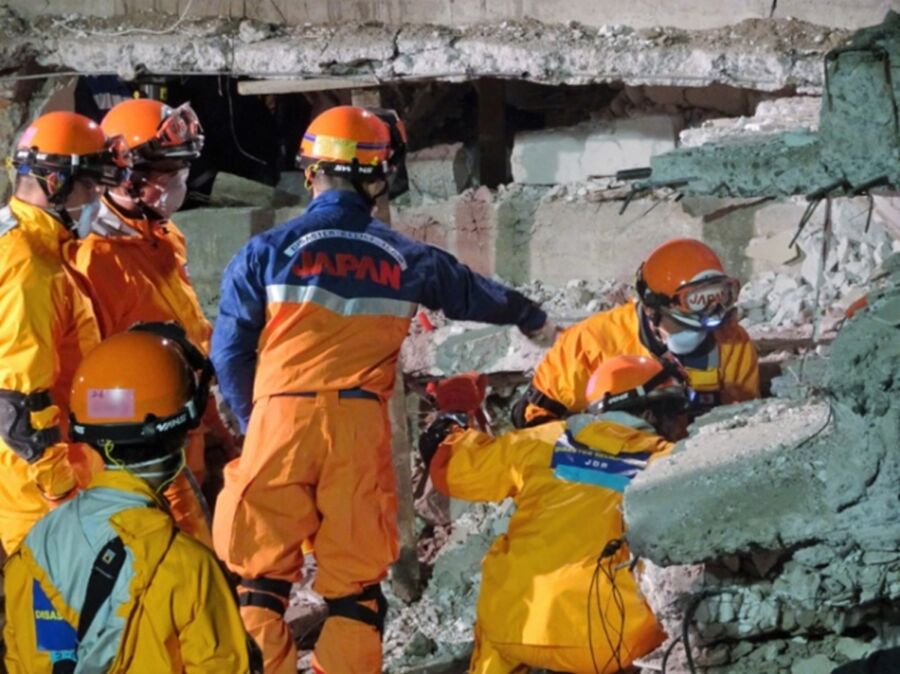
Tokyo faces various natural hazards, but the city has robust systems in place to keep residents and visitors safe. The government and people work together to prepare for and respond to potential disasters.
Earthquakes and Tsunamis
Tokyo sits in a seismically active area, so earthquake readiness is a top priority. The city’s buildings are built to strict codes that help them withstand strong shaking. Many structures use special shock-absorbing foundations or flexible designs.
Tsunami risk is lower in central Tokyo due to its distance from the coast and elevation. But coastal areas have evacuation routes and shelters marked with easy-to-spot signs. The city conducts regular drills so everyone knows what to do.
Residents and tourists should know the locations of nearby evacuation centers. It’s smart to keep an emergency kit with water, food, and first aid supplies. Free disaster prep apps give real-time alerts and safety info in multiple languages.
Typhoons and Volcanic Eruptions
Typhoons can bring heavy rain and strong winds to Tokyo, usually from August to October. The city has an extensive network of rivers, canals, and underground chambers to manage flooding. Improved forecasting gives plenty of warning time to prepare.
Public transport may shut down during severe storms. It’s wise to stock up on supplies and stay indoors when officials advise it. Most buildings are typhoon-resistant, but it’s best to stay away from windows during high winds.
Mount Fuji, about 100 km from Tokyo, is an active volcano. While a major eruption is unlikely, the city has plans in place just in case. Ash fall could disrupt daily life, so officials monitor the mountain closely.
Tokyo’s disaster prep focuses on education and teamwork. Regular drills keep everyone sharp. The city learns from each event to get even better at keeping people safe.
Tokyo’s diverse neighborhoods each have their own unique character and safety considerations. Knowing what to expect in different areas can help you explore the city with confidence.
Shinjuku and Kabukicho
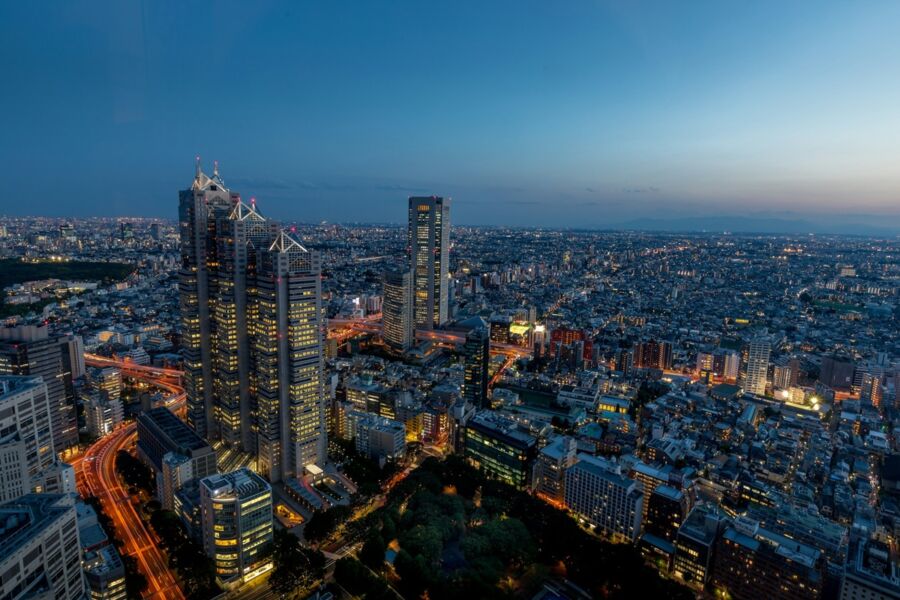
Shinjuku is a bustling commercial hub with towering skyscrapers and endless entertainment options. It’s generally safe, but keep your wits about you in Kabukicho, the red-light district. This area gets livelier at night, with bright neon lights and lots of bars.
Stay alert in Kabukicho after dark. Stick to main streets and avoid following touts into unfamiliar places. It’s best to go with a friend if you want to check out the nightlife.
Some bars in Kabukicho might try to overcharge tourists. Always confirm prices before ordering drinks. If something feels off, trust your gut and leave.
Shibuya and Harajuku
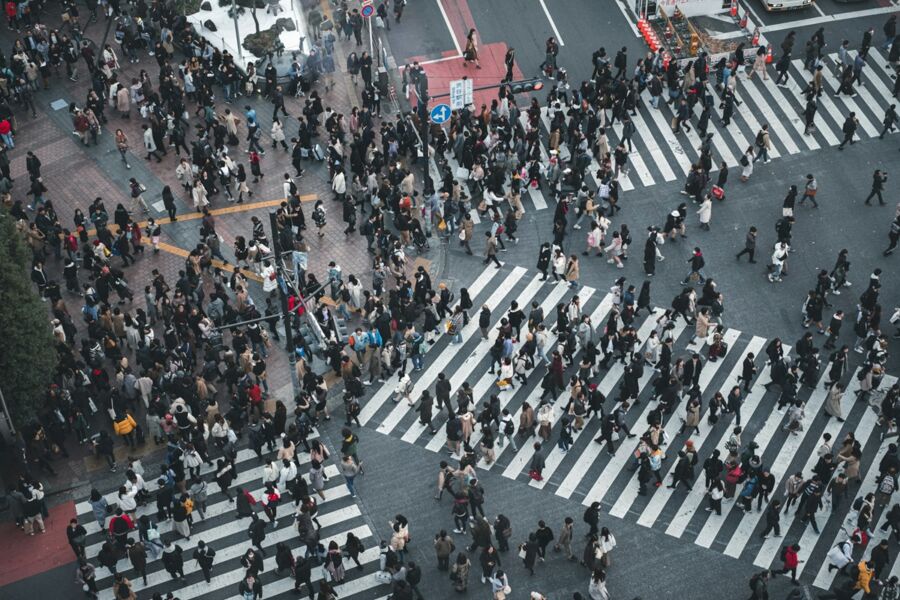
Shibuya and Harajuku are popular spots for shopping and people-watching. These areas are pretty safe, even at night. The famous Shibuya Crossing can get super crowded, so keep an eye on your belongings.
Harajuku is known for its quirky fashion and youth culture. It’s a fun place to explore during the day. The streets can get packed on weekends, so be ready for crowds.
Watch out for bike riders on narrow streets in both areas. They can zip by quickly, so stay aware of your surroundings.
Roppongi and Ginza
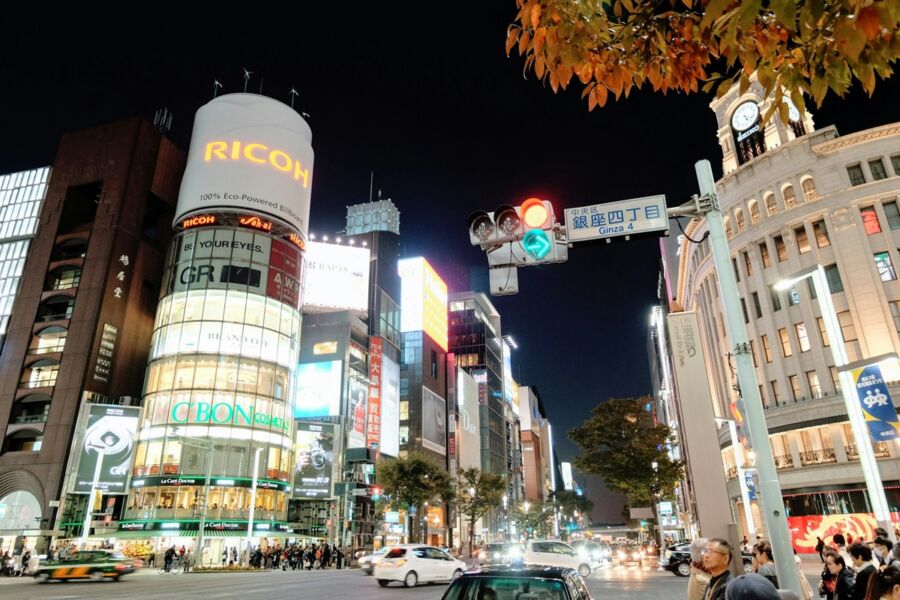
Roppongi is a nightlife hotspot that attracts both locals and tourists. It’s mostly safe, but there have been reports of drink spiking in some bars. Never leave your drink unattended or accept drinks from strangers.
Stick to reputable venues in Roppongi. Avoid following aggressive touts or entering clubs with unclear pricing. It’s smart to go out with friends and look out for each other.
Ginza is an upscale shopping district that’s quite safe. It’s known for high-end stores and fancy restaurants. The area is well-lit and patrolled, making it comfortable to explore day or night.
Asakusa and Ueno
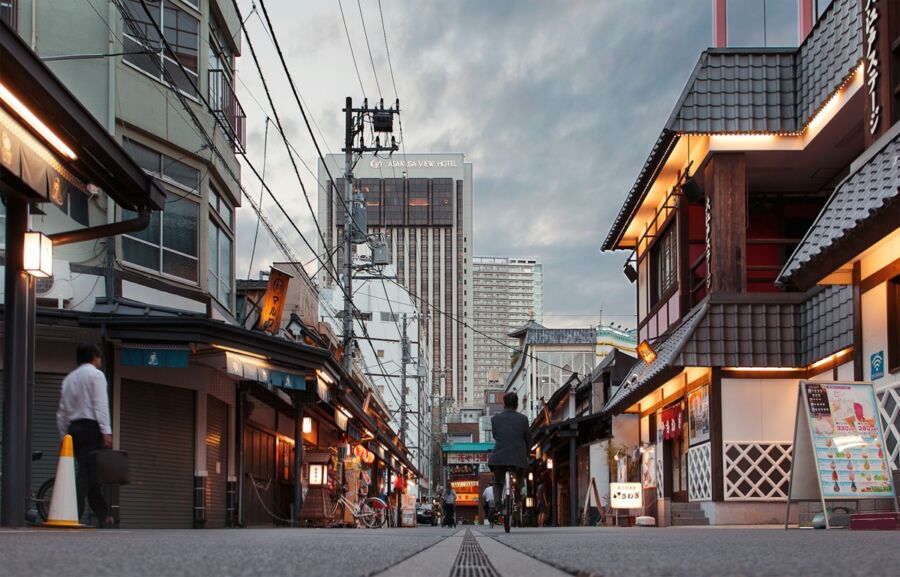
Asakusa and Ueno offer a glimpse into Tokyo’s traditional side. These areas are generally very safe for tourists. Asakusa is home to the famous Senso-ji Temple, which can get really crowded during the day.
Ueno Park is a great spot for cherry blossom viewing in spring. It’s safe to visit during the day, but like any big city park, it’s best to avoid it late at night.
Both areas have lots of small shops and eateries. They’re fun to explore on foot. Just be mindful of your belongings in crowded tourist spots.
Cultural Insights for a Respectful Visit
Japan has a rich cultural heritage that visitors should respect. Being mindful of local customs and trying new experiences can make your trip more rewarding.
Understanding Japanese Customs
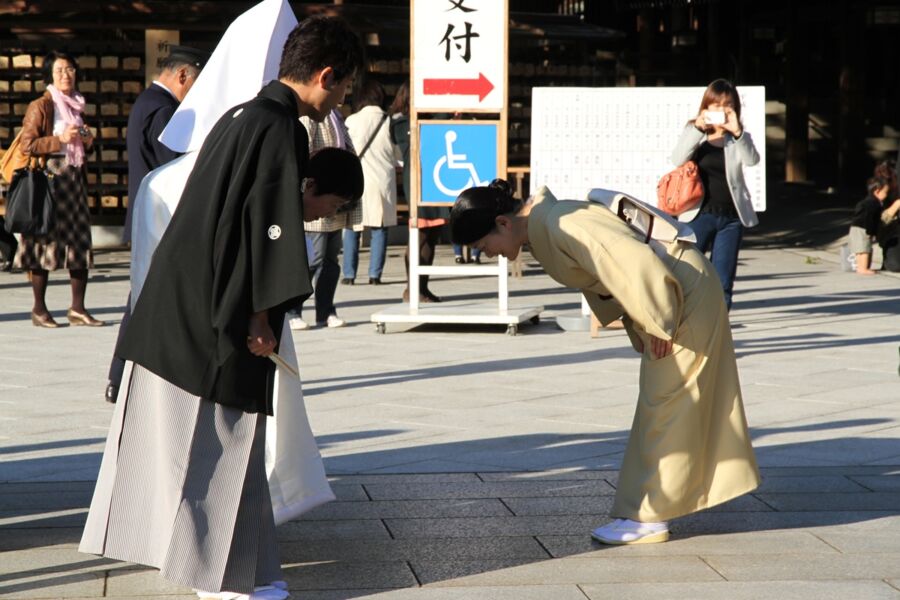
Take off your shoes when entering homes or some restaurants. It’s polite to bring a small gift when visiting someone’s house. Bow slightly when greeting people. Don’t tip at restaurants – it’s not expected. Avoid eating while walking on the street. Be quiet on public transport.
When using chopsticks, don’t stick them upright in rice or pass food directly to another person’s chopsticks. These actions are linked to funeral rituals. Slurping noodles is okay and shows you’re enjoying the meal.
Public baths (onsen) have rules too. Wash yourself before getting in the communal bath. Tattoos might not be allowed in some onsen.
Partaking in Traditional and Modern Activities
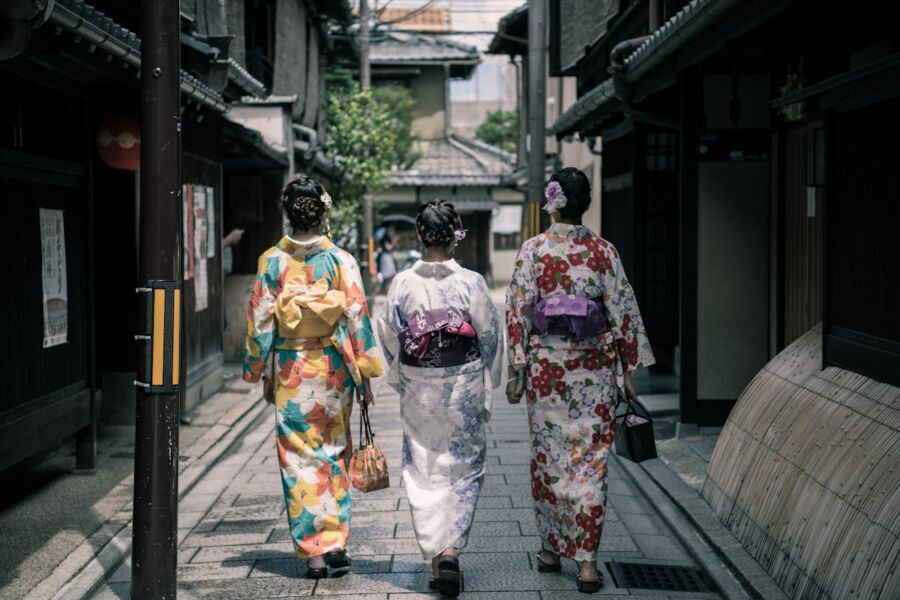
Try on a kimono or yukata at a rental shop. Visit Sensoji Temple to experience Buddhist traditions. Learn about Shinto at a local shrine. Take part in a tea ceremony to appreciate Japanese hospitality.
For modern culture, check out Shibuya 109 for the latest fashion trends. Climb Tokyo Skytree for amazing city views. Eat ramen at a vending machine restaurant or try making okonomiyaki (savory pancakes).
Join a workshop to learn traditional handicrafts like origami or calligraphy. Watch a sumo match or try karaoke for a fun night out. Visit during a festival to see colorful parades and try seasonal foods.
Key Safety Services in Tokyo
Tokyo’s safety infrastructure is top-notch. The city has systems in place to keep residents and tourists safe. These services are easy to find and use.
Kōban Police Boxes
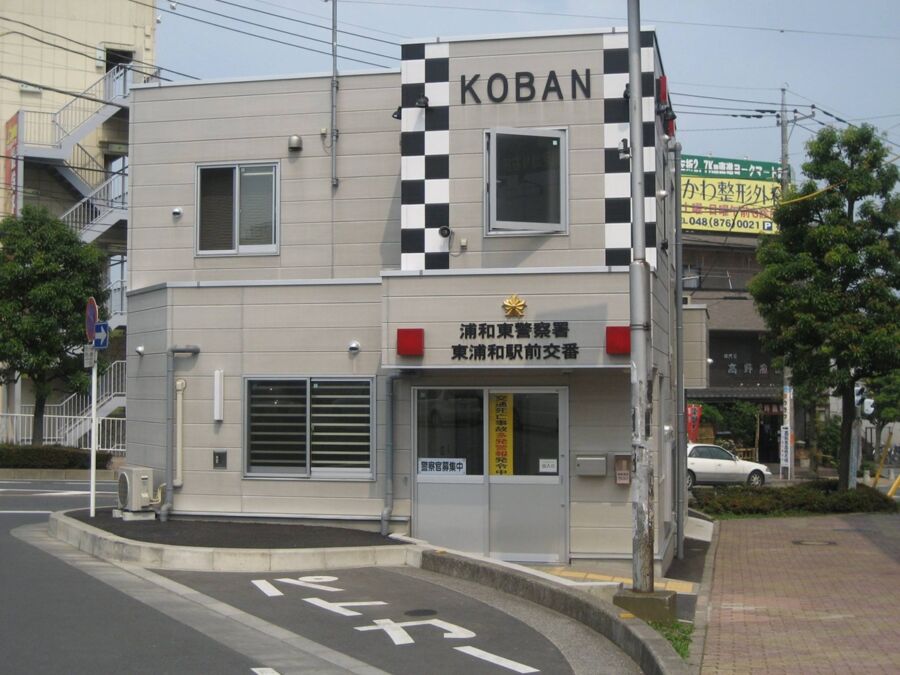
Kōban are small police stations scattered throughout Tokyo. They’re easy to spot – look for small buildings with a red light on top. These mini-stations are staffed 24/7 by friendly officers. You can go there if you’re lost, need directions, or want to report a crime.
Kōban officers know their local area well. They often patrol on foot or bicycle. This helps them stay connected to the community. If you’re in trouble, find a kōban. The officers there will help you, even if you don’t speak Japanese.
Emergency Response and Medical Facilities
Tokyo has a great emergency response system. If you need help, call 119 for fire or medical emergencies. For police, dial 110. Many operators speak English.
The city has lots of hospitals and clinics. Some are set up to help foreign visitors. Tokyo Metropolitan Hiroo Hospital is known for treating non-Japanese patients. St. Luke’s International Hospital also has English-speaking staff.
In a pinch, most convenience stores have first aid kits. Some train stations have AEDs for heart emergencies. Tokyo’s subway and trains are safe and clean. They’re a good way to get around if you feel unwell and need to reach a hospital.
Frequently Asked Questions
Tokyo is one of the safest big cities in the world. But travelers still have questions about staying safe and comfortable during their visit. Let’s look at some common concerns.
What precautions should a solo female traveler take when visiting Tokyo?
How does Tokyo’s safety compare to New York City at night?
Tokyo is much safer than New York City after dark. Violent crime is rare, and people often walk alone late at night. Still, you should stick to well-lit areas and main streets. Avoid empty parks or alleys, just like in any big city.
What are the safety measures in Tokyo regarding earthquakes and tsunamis?
Tokyo has strict building codes to withstand earthquakes. There are also frequent drills and clear evacuation signs. For tsunamis, head to higher ground or a tall, sturdy building if you’re near the coast. Your hotel can explain their safety plans when you check in.
Can American tourists expect a welcoming environment in Tokyo, Japan?
Americans are usually welcomed warmly in Tokyo. Many locals are eager to practice English and learn about American culture. Some places may have signs saying “Japanese only,” but this is rare. A smile and basic Japanese phrases can go a long way in making friends.
What steps should one follow to ensure safety while walking around Tokyo after dark?
Walking in Tokyo at night is generally safe. Stick to busy, well-lit streets and keep an eye on your belongings in crowded areas. Don’t accept drinks from strangers or follow them to unfamiliar places. If you feel unsure, hop in a taxi or head to a police box for help.
How does living in Tokyo measure up in terms of overall safety for expatriates?
Expats often say they feel very safe living in Tokyo. Crime rates are low, and people tend to be honest about lost items. The biggest risks are usually natural disasters or language barriers during emergencies. Learning basic Japanese and local customs can help expats feel more secure.



